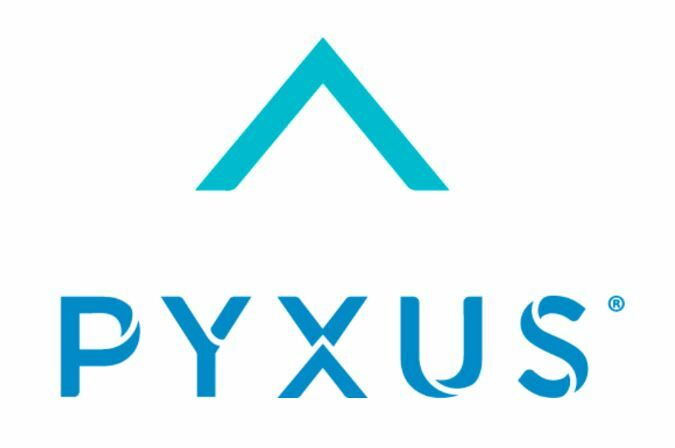
Things are getting pretty heated in the legal battle between Erskine College’s Charter Institute and a for-profit company that runs some of the charter schools that the institute allowed to operate with our tax dollars. The Charter Institute sued the for-profit Icelaven Development Group this spring, claiming Icelaven’s charter management company Reason & Republic owed Erskine $1.2 million.
Erskine had provided that money to Icelaven, possibly for a stake in Reason & Republic, which makes its money selling non-academic services to charter schools. You might want to read that again before we move on. This month, The Post and Courier’s Anna B.
Mitchell reports , Icelaven filed a counterclaim , accusing the Charter Institute of plotting to put Reason & Republic out of business so the college’s own charter management company — Teach Right USA — could take over its business running back-shop operations for schools that the Charter Institute is supposed to oversee. Yeah; that’s a lot to digest, too. The lawsuit calls Erskine’s institute a criminal enterprise and accuses it of public corruption, blackmail, criminal coercion, breach of contract and defamation.
Potentially hotter is this question: Why would anyone think it was acceptable for Erskine to pay or loan $1 million to a business that was profiting from the schools Erskine is supposed to regulate? Also hot is all the rest of the tail wagging the dog that seems to be going on in South Carolina’s charter school space. When we piece together the lawsuits and previous reporting by The Post and Courier, it appears that charter management companies have been behind creating a lot of South Carolina’s charter schools and also involved in creating the two private charter authorizers that have offered safe haven for failing charters to escape authorizers that were about to close them. (Limestone University’s Charter Association is the other one.
) We have no idea which if any of the claims and counterclaims in the lawsuits have merit, or even a grain of truth. What we do know is that what’s happening in this and other legal disputes is nowhere near what our legislators envisioned when they passed the 1996 law allowing organizations to create charter schools that would be funded by tax dollars and would operate free of most public school regulations. When that law was written, charter schools were created by parents, often in conjunction with teachers, who wanted different options for their kids.
The Legislature wanted experimentation that could lead to new approaches for improving regular public schools. What we’ve gotten is for-profit sponsors and hucksters creating schools whether there’s any local interest or not, and private colleges deciding which of these schools will receive our tax dollars. Here’s the other thing we know: When charter schools first moved from niche to national movement, they produced largely unimpressive results.
Stanford University’s Center for Research on Educational Outcomes published a much-cited report documenting the mediocrity. A year ago, it issued a new report that found charter schools are providing dramatically better education than traditional public schools — in all but three states . South Carolina was one of those three states.
Most kids in S.C. charter schools are falling behind their peers in traditional schools, while those in other states are leaping ahead, according to the university’s impressive data.
There appear to be two primary reasons: We’ve allowed too many charter schools that operate entirely online — which as we learned during COVID is a recipe for disaster. And — thanks in large part to a charter-shopping provision in state law that allows any college to declare itself a charter authorizer and rescue failing schools from being closed — we’ve refused to hold charter schools accountable for delivering results. We’ve been saying for years that the Legislature needs to pass a law that prevents additional colleges from declaring themselves charter authorizers — and likely even eliminate one or both of the ones we have.
It simply defies logic that a private college would be allowed to decide who will and won’t receive tens of millions of taxpayer dollars, under what circumstances and for how long. The more these charter authorizers and charter management companies and their pawn schools do battle, the clearer it becomes that just changing who can be an authorizer isn’t enough. We need to start over and write a whole new charter school law — one that recognizes the very different nature of charter schools today.
If the Legislature even allows private colleges to decide how S.C. tax dollars are spent, it certainly needs to bar them from selling services to the schools, or starting or owning charter schools, or loaning money to businesses that make money off the charter schools.
That’s all just basic good sense. Maybe legislators will decide that yes, they want to allow charter schools to be created by profit-seeking management companies that go out and recruit people to put their name on a charter. Or maybe they’ll decide we ought to stick to the idea that charters should be created locally, like we all thought would happen when they allowed them to come into South Carolina.
Whichever way they go, they should add a mechanism to enforce the idea behind the current law that charters are supposed to be laboratories of innovation, not just cookie-cutter stores of marginally adequate education. Many S.C.
charter schools are doing an excellent job. More should be. More that aren’t should be closed so they won’t keep stealing money that otherwise might go to good charter schools and regular public schools, as our law claims to require.
That’s unlikely to happen until we get a clean start. Click here for more opinion content from The Post and Courier..














